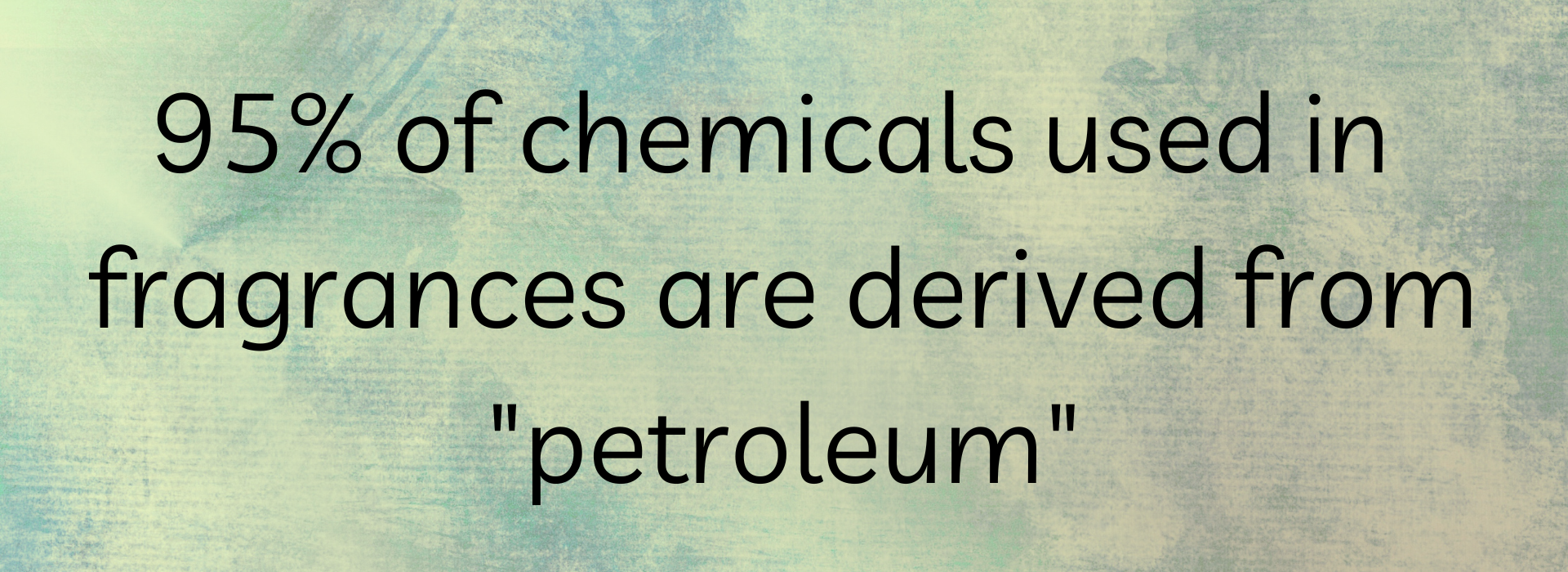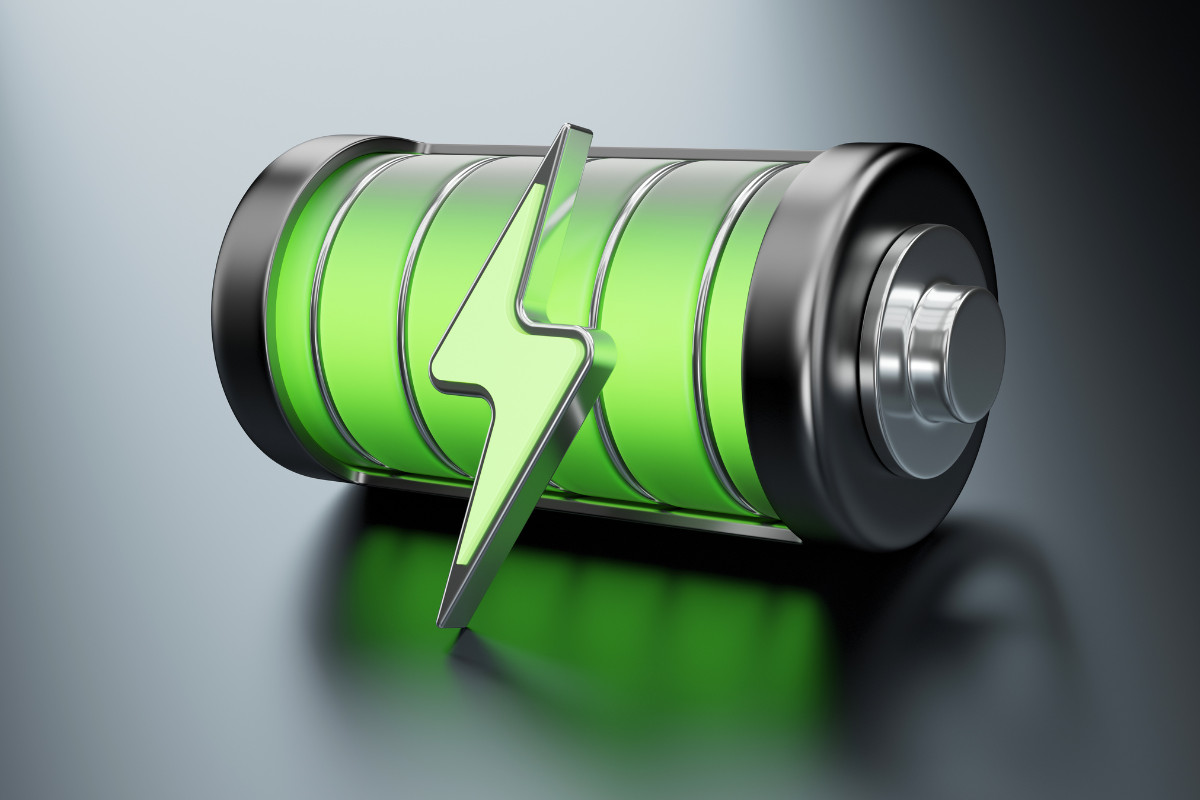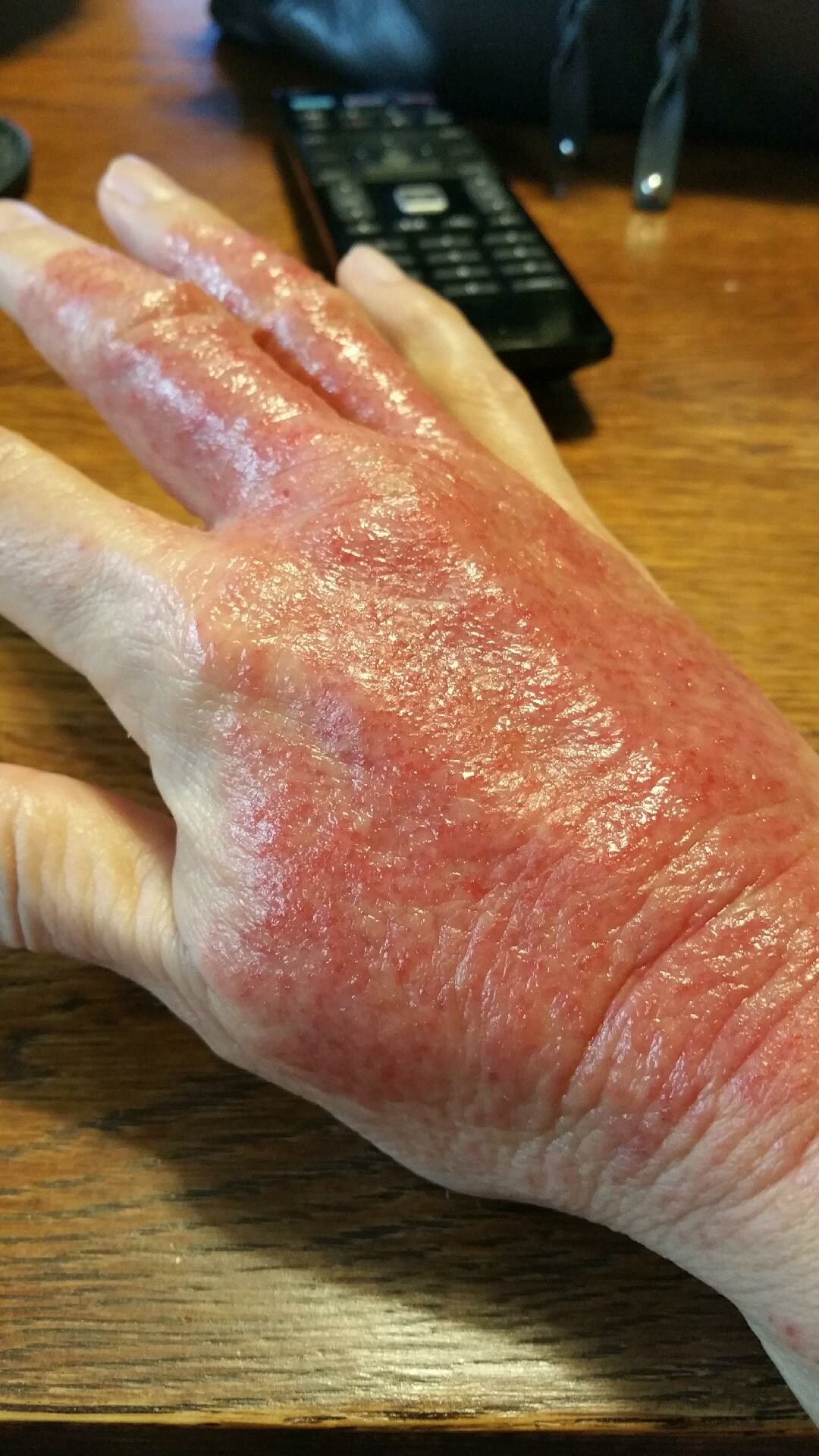
When you hear the words, "silent killers" .... you may think of Carbon Monoxide, Diabetes, High Blood Pressure, Heart Disease, or Prostate Cancer for men? The effects of exposure to "silent killer" ingredients of scented candles over a period of time, however, can be just as devastating. They are just too numerous to mention them all. So, these are my top five.
Top 5 "Silent Killer" Ingredients of Scented Candles
1) Formaldehyde > a well-known carcinogen that is poisonous to humans and used in the process of embalming. The release of formaldehyde from burning candles results in:
- watery and stingy eyes
- burning in throat/nose
- coughs/wheezing
- nosebleeds
- upper airway irritation (asthma)
- nausea/vomiting
- cancers of throat/nose and leukemia
- cognitive impairment/dementia
2) Petroleum > most candles have a base of paraffin wax which is a chemically bleached by-product of crude oil and when burned creates:
- soot - Would you run a diesel engine in your home? Burning paraffin wax candles:
- produces the same soot as diesel exhaust fumes
- is more dangerous than inhaling the same amount of diesel exhaust fumes
- is as dangerous as second-hand smoke.
- carcinogens
- benzene
- toluene
3) Benzene > Like the smell of lighter fluid? This is a key ingredient. Benzene is a natural part of crude oil, gasoline and cigarette smoke.
- well-known carcinogen toxic to the nervous, respiratory and cardiac systems
- leukemia
- causes damage to brain and lungs
- can cause developmental problems
- causes cells not to work correctly
- causes bone marrow not to produce enough red blood cells (RBC)
- leads to anemia
- damages the immune system by changing blood levels of antibodies
- causes loss of white blood cells (WBC)
- irregular menstrual periods
- decreased ovary size
4) Toluene > is a "benzene derivative" that is commonly found in degreasers, paint thinners, paintbrush cleaners, nail polish, glues, ink and stain removers, car exhaust and cigarette smoke that can:
- cause liver, kidney and brain damage in adults
- affect the central nervous system (CNS) and leads to permanent brain toxicity
- affect eyes, and skin
- cause inflammation, headache, nausea, dizziness
- cause loss of coordination
- cause urothelial/bladder
5) Phthalates > xenoestrogen or hormone disruptors that mimic the estrogen hormone and then blocks the action of natural hormones disrupting the normal hormone function. These are used to increase the strength of synthetic fragrances. Also found in vinyl flooring, lubricating oils, flame-retardants, pesticides and personal care products.
- fertility issues
- weight gain
- early puberty
- changes in sugar metabolism
- thyroid function disruption
- changes in bone health
- immune response imbalance
- cholesterol metabolism and blood vessel health changes
- changes in uterine integrity
- increased menopause transition problems
- bladder cancer

You won't find most of these ingredients listed on the product labels. What you will find listed is "fragrance" or "parfume/perfume". Behind the word "fragrance" can be hidden as many as 3000 different chemicals that include phthalates, musk, toluene and benzene. In fact, 95% of the chemicals used in synthetic fragrances are derived from "petroleum". And, toluene is an ingredient in 100% of perfumes.
These chemicals are like "wolves in sheep's clothing" not needing to be disclosed due to "trade secrets". Even products labeled as "fragrance-free" may not be toxin-free as a "fragrance masker" may have been added to cover up the fragrance. If the chemical is there .... you will be affected by it whether you smell it or not. The problem is not the smell but the chemicals in it.
What You Can Do
- Be a label reader and ingredient researcher. Just because a product says it is "green" or "organic" does not mean every ingredient in that product is clean.
- Introduce plants to your home environment. Certain plants, like lavender, have the ability to absorb some of these chemicals and clean the air.
- Open windows whenever possible. Houses are made so tight now that there is no way for the bad stuff to get out.
- Try using soy or bees wax candles to maintain the atmosphere
- Use diffusers with 100% pure essential oils to continue to give your favorite fragrances like one of these.
If this has not been enough to get you thinking, consider the other reasons I ditched candles here.
Additional Resources:

















